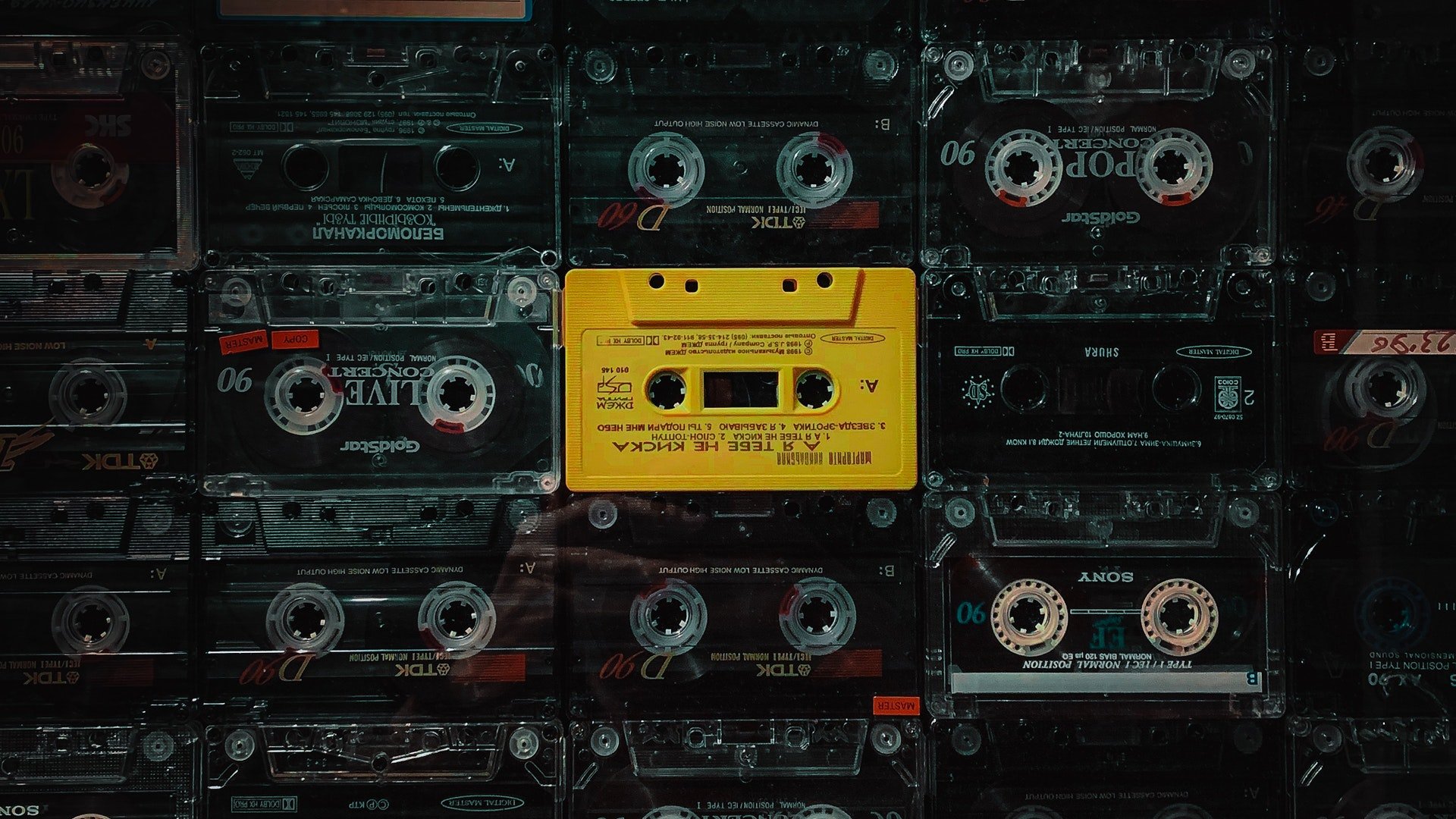“ISRCs are a must-have globally if you want to be paid for your work in a digital world. They are the global identifier of sound recordings and their owners.”
~ Catherine Jones, Executive Director, Connect Music Licensing
Nothing identifies your music more clearly than an International Standard Recording Code (ISRC) – a unique and permanent identifier that’s critical for tracking play and getting you paid. While it’s actually difficult to release your song without an ISRC (if you’re uploading tracks to most digital distribution providers, for example they must have an ISRC), in some cases, ISRCs are omitted by individuals and organizations servicing music.
Generally, that’s more likely in territories that have come late to the digitization table and are still catching up. However, even in markets where it’s generally understood that ISRC’s are integral to following the performance of a track and paying out royalties – tracks still end up out in the world without an ISRC.
Perhaps it’s the result of an artist or producer having received an ISRC from their digital distributor but simply forgetting to pass it on to the folks who are promoting their song. Or maybe they didn’t know they needed the code(s) in the first place. Alternatively, it could be a matter of ISRCs not being required in the territory the music originates from. There does seem to be a lack of understanding with regard to just how critical ISRCs are. Especially when it comes to tracking individual songs through an exponentially expanding digital landscape.
What are ISRCs?
Think of ISRCs as a digital fingerprint that’s permanently encoded into the audio or video file containing your work, that allows for automatic identification in a way that’s far more accurate than just using the title and artist’s name alone. Unlike those identifiers, an ISRC is a fixed point of reference; making a specific recording identifiable regardless of the service it appears on, where in the world it’s played, or what various licensing deals it’s been included in. Better yet, for added accuracy, every version of your song – the original, short promotional clips, remixes, single and instrumental edits – can have their own ISRC.
In all, ISRCs consist of twelve characters; a two-digit Country Code, three-digit alpha-numeric Registrant Code, two-digit Year of Reference Designation, and a five-digit Designation Code; making for swifter and easier radio tracking and royalty collection. Be aware, however, that ISRCs are evolving globally and will continue to do so. Changes to the ISRC’s construction have already been made in the UK and will eventually be made in other markets.
Chances are your composition will also have an International Standard Musical Work Code (ISWC) provided by either your PRO or publisher. It’s important to note the difference between a musical work and a recording. Take ‘The Beatles’ ‘Yesterday’, one of the most covered songs of all time. The composition (written by Paul McCartney and credited to Lennon/McCartney) will have an ISWC The original recording, but every remix, fragment, or cover, whether it’s by Sarah Vaughn or Molly Hatchet, will have an individual ISRC.
Where do I get them, and how much do they cost?
The easiest way to find that out is to ask Google. There are a variety of ways to get ISRC codes: from Connect Music Licensing, through services like CD Baby, your chosen digital distributor, or even ISRC.com – yep it’s legit. See the links at the bottom of this page for more information.
Typically, if you’re an independent/DIY artist, a digital distributor or a national ISRC agency will provide you with ISRC codes. If you’re signed, the label will.
As for cost, what you’re actually purchasing is the three-digit Registrant Code, from which up to 100,000 distinct ISRCs can be generated. So, unless you’re extremely prolific, getting the codes absolutely will not break the bank. And ISRCs can also be applied to previously released material that didn’t have a code at the time of release.
Ensuring each piece of music that requires it has an ISRC is important, but so is making certain the code is included whenever your music is sent out digitally; particularly for play on terrestrial, digital and streaming radio. In Canada for example, without an ISRC you will not get play on those platforms.
Confusion has its cost
When songs fly out of the gate without an identifier it can lead to ending up with more than one ISRC – an obvious impediment to tracking a song’s consumption and determining exactly where royalties go.
The lack of an ISRC can also become a barrier to your track actually getting played, distributed, and sold. Some local/regional streaming services and sales sites may allow a song to be streamed and/or sold without a code, but many don’t. Also, when it comes to reporting consumption to chart bodies (such as Nielsen Music/MRC Data), neighbouring rights societies (and to some extent PROs), the ISRC is a required identifier.
Finally, imagine the reaction of someone who receives many, many songs on a daily basis and works in a market where no ISRC means no play. They may love your song, but with a choice between a track they add out of the box and one they can’t unless they dig around to find someone who can provide them with its ISRC… Well, which track do you think they’ll choose?
Find out more here:
Creative & Productive: ISWC vs ISRC
Photo by Vova Krasilnikov from Pexels
